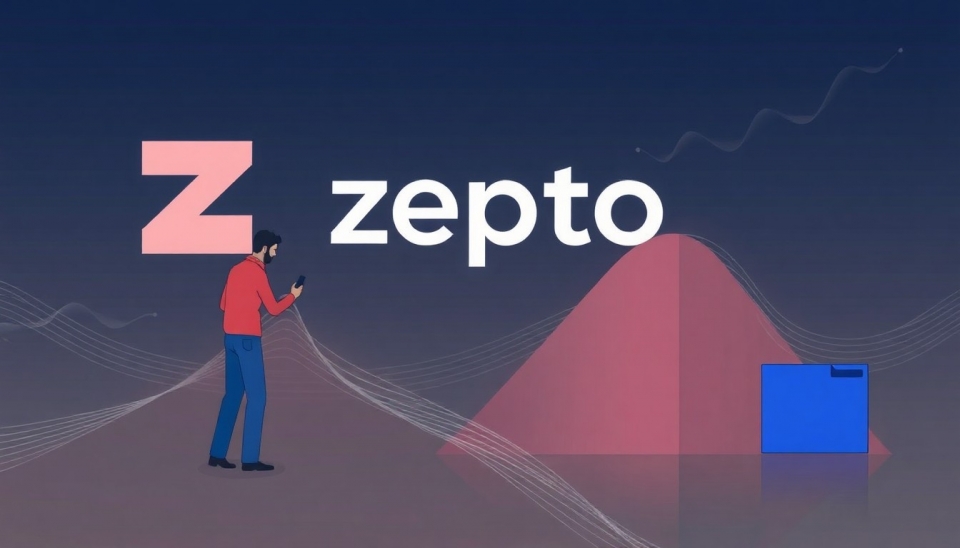
In a groundbreaking move for the Indian food retail market, a host of startups are now offering ultra-fast grocery delivery services, promising to bring essential items to consumers' doorsteps in as little as ten minutes. This rapid delivery revolution is transforming how people shop for groceries, making it more convenient and significantly reshaping consumer behavior.
Companies such as Blinkit, Swiggy's Instamart, and Zomato’s Blinkit have taken the Indian market by storm, pushing the envelope with their promise of unprecedented speed in deliveries. The innovative service, often referred to as quick commerce, has extended beyond major urban centers like Mumbai and Delhi, and is now permeating smaller cities across the country, tapping into the evolving consumer demand for immediacy and accessibility.
As the pandemic shifted consumer habits towards online shopping, the entrance of instant delivery services has further captivated consumers, particularly the younger demographic that favors convenience. The new model allows consumers to complete their grocery shopping with just a few clicks on their smartphones, eliminating the need to travel to physical stores and stand in long queues.
These startups typically operate through a network of dark stores, which are essentially warehouses strategically located near densely populated areas. By doing so, they can ensure that they can fulfill orders promptly, thus meeting their ambitious delivery promises. The warehouses are stocked with a range of everyday essentials, from fresh produce to personal care products, allowing for a robust selection tailored to the needs of local consumers.
Despite the influx of competition, the quick commerce sector is predicting growth driven by the increasing urbanization in India and the proliferation of smartphone usage. Consumers are eager for new solutions that save time and enhance their shopping experience. Market analysts suggest that as more players enter this space, the overall consumer market could see a surge, potentially exceeding $5 billion in the coming years as consumer preferences continue to evolve dramatically.
However, the rapid expansion of these services is not without challenges. Issues such as ensuring product quality, managing operational costs, and maintaining a sustainable model for rapid deliveries pose significant hurdles. Additionally, there are concerns about the environmental impact of increased delivery logistics, which some companies are striving to mitigate through various strategies and technologies.
As these companies navigate these early stages of growth, their future will largely depend upon their ability to scale efficiently while ensuring customer satisfaction. The focus on customer experience, delivery reliability, and sustainable practices will be critical as the sector matures and navigates an increasingly competitive landscape.
In summary, the emergence of ten-minute grocery deliveries in India signifies a pivotal change in the food retail industry, directly responding to modern consumer demands for convenience, speed, and efficiency. As this service model continues to develop, its impact on shopping habits and the broader market will be closely watched by industry experts and consumers alike.
#QuickCommerce #India #GroceryDelivery #Ecommerce #StartupRevolution #FoodBusiness #ConsumerTrends #Urbanization #SustainableDelivery
Author: Emily Collins
